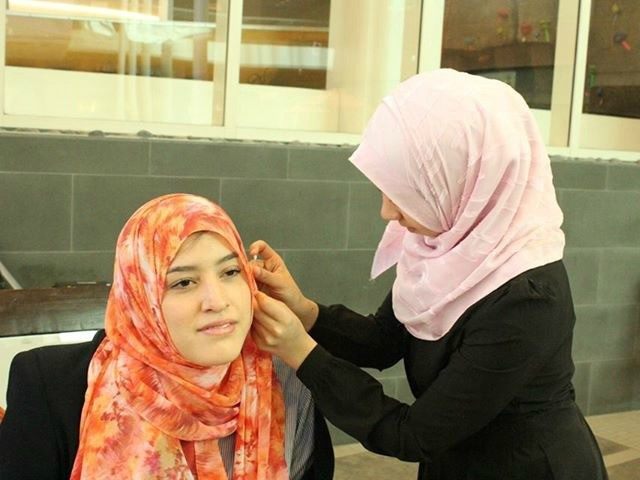An Austrian integration expert has advised the government that public employees should be banned from wearing Islamic headscarves in the workplace.
Integration expert and government consultant Heinz Fassmann made the proposal to the government this week. According to Fassmann, it is important for the government, which provides services to all, not to be shown to promote any religion and that the state should be “above all religions,” reports Die Presse.
If such a ban is not enforced, Fassmann claims, “you run the risk of importing certain religious conflicts into the civil service” and cited the religious conflicts within the Islamic world between Sunni and Shia practitioners.
Fassmann added he does not believe headscarves should be banned in all public places saying, “there is freedom, everyone can dress as he likes,” but affirmed it was needed within the scope of public service. “When asked whether teachers in public schools should be allowed to wear a headscarf, I would clearly say: No,” he said.
Fassmann, when questioned about the wearing of Christian crosses in classrooms, said he didn’t have a problem with them as Christian tradition had been “historically grown” in Austria so presents no issue.
The Islamic religious community in Austria (IGGiÖ) has expressed shock and anger over the issue releasing a statement that said, “The state as an employer should stick to the anti-discrimination legislation.” Carla Amina Baghajati, media spokesman for the IGGiÖ, said she was angered that “something so anti-integrative comes from an integration expert.”
Austria has been in the process of trying to ban the full-face niqab and burka since the summer of 2016 when Foreign Minister Sebastian Kurz attempted to push through integration legislation. The legislation was blocked by the Socialist party of Austria (SPÖ) and other left-wing factions in the Austrian parliament.
While many agree on the ban of the full-face veil, the hijab, which leaves the face uncovered, has not been the subject of debate until now. The only Islamic garment to be banned by certain Austrian and German towns has been the sharia-approved swimming garment, known popularly as the burkini, on hygiene grounds.
In France, by contrast, the wearing of any religious items by public servants is not allowed, whether it is a Christian cross or the Islamic headscarf, and the full-face covering is banned completely in public settings. Some 30 French coastal towns also attempted to ban the burkini from public beaches in the summer of 2016, leading to an uproar by some who called it a slight against freedom of expression through the French public overwhelmingly approve of the ban. The ban was later suspended by France’s highest administrative court.

COMMENTS
Please let us know if you're having issues with commenting.